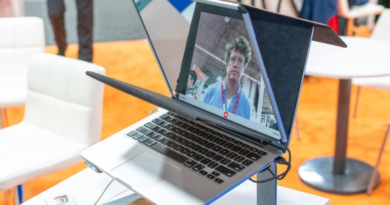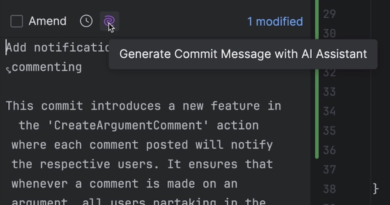CADDi raises $89M Series C to scale its B2B supply chain marketplace for manufacturing parts
The pandemic has damaged the entire manufacturing supply chain, which is not likely to return to normal until at least 2024 due to a few challenges, including the ongoing U.S.-China tech battle. According to a recent survey by the Association of Equipment Manufacturers (AEM), which surveyed more than 150 equipment manufacturing firms and 179 equipment manufacturing executives, 98% of the respondents still are facing the supply chain issue and more than half are experiencing worsening supply chain conditions owing to a labor shortage and access to source intermediate components.
Today, a startup called CADDi, which operates a business-to-business (B2B) marketplace for the manufacturing industry, said it has raised $89 million in a Series C round, bringing its total capital to $164 million, to scale its business and help those equipment manufacturing players.
Existing investors Globis Capital Partners, DCM Ventures, Global Brain, World Innovation Lab (WiL), JAFCO and Minerva Growth Partners participated in the Series C financing along with four new investors, including SMBC Venture Capital and Mitsubishi UFJ Capital.
CADDi did not provide its post-valuation but said the valuation had been up from its previous funding. In 2021, TechCrunch reported that its valuation was estimated at $450 million at its Series B funding, citing sources familiar with the deal.
Since its last fundraising, the number of employees has more than doubled from 250 to 590 globally, and the startup launched a new platform called CADDi Drawer, an artificial intelligence-powered cloud service for managing drawing data, last June.
Yushiro Kato (CEO), a former consultant at McKinsey & Company, and Aki Kobashi (CTO), who previously worked for Lockheed Martin and Apple, co-founded CADDi in 2017. The startup now offers two major solutions: CADDi Manufacturing, a parts procurement platform, and CADDi Drawer.
CADDi deals with mid-volume production and high-mix-low volume production manufacturers, also known as make-to-order manufacturing, in which manufacturers produce products after confirmed orders. But the problem is consumers cannot get optimal pricing with low to mid-volume production manufacturers due to volume constraints.
The outfit says the CAADi Manufacturing platform eliminates some procurement work and aggregates orders to help find similar materials, processes, and suitable delivery schedules. It enables customers to access optimal prices with a 99.83% on-time delivery rate and a 99.96% non-defective rate yielding, Kato said in an email interview. It also allows manufacturers’ procurement costs to reduce by nearly 20%.
CADDi Drawer offers access to “all procurement data” and details that impact quality, cost, and delivery (QCD); its platform also enables users to save significant time and costs while allowing manufacturers to improve QCD with more drawings created. Since April, the CADDi Drawer team has worked with the AI team to handle the information.
“Because of the difficulty of access [drawings], drawings are often recreated or just not found, which means keys to improving QCD, the KPI for manufacturing professionals, are never unlocked,” Kato said. “So, instead of more drawings providing more improvement, it’s almost like the data is never saved, and people are forced to start from scratch every time.”
CADDi claims it works with 70% of Japanese top 20 industrial equipment manufacturers by revenues for CADDi Manufacturing. For CADDi Drawer, its customers include Tokyo Electron and EBARA.
It will use the proceeds to enhance CADDi manufacturing and CADDi Drawing and expand its workforce in the U.S., aiming to reach its goals of posting $10 billion in revenue from CADDi manufacturing and $1 billion in revenue from CADDi Drawer by 2030.
Some of the pains in the procurement industry in the U.S. are similar to those in Japan, Kato said, adding that not only labor shortages in the manufacturing sector but also many ongoing mergers and acquisitions. But factories are not integrated well on account of different systems and standards, Kato noted.
“We can expand into the U.S. by leveraging [our] knowledge and technology that have developed since our inception, primarily in Japan and across a variety of manufacturing industries,” Kato said.
The Japan-headquartered company recently opened an office in the U.S. and supplier operations in Mexico to cater to clients in the U.S. In Asia, CADDi has offices in Vietnam and Thailand.




